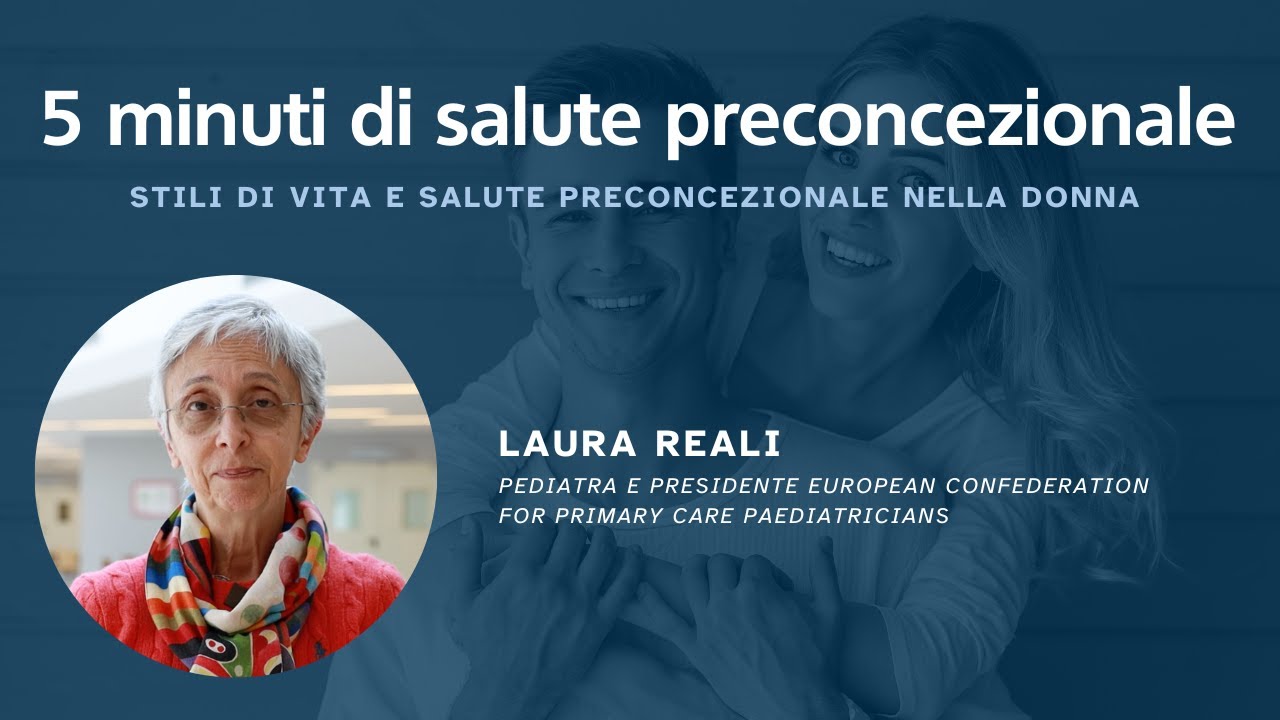Environment and women's and children's health
"Climate change" refers to the variation of the climate on Earth, i.e. the set of variations in time and space of environmental and climatic parameters in their average values. The main environmental parameters concern: temperatures, rainfall, ocean temperatures, distribution and development of plants and animals. Climate change and air pollution threaten everyone's health, but in particular that of the most fragile subjects, such as pregnant women, babies and children.
According to data from the World Health Organization (WHO) campaign and the Appeal of United Nations (UN) Agencies ahead of the negotiations of the Global Conference of the Parties (COP28) on Climate Change held in Dubai in 2023, pregnant women, infants and children face major risks to their health. Even an increase of just one degree Celsius is - in fact - problematic in pregnant women because her body has the task of protecting the baby from temperature changes. A possible increase in temperature, rather than a decrease, is more incisive. The child encounters problems because of his small body surface and weight and because he has very little thermoregulation capacity, also due to the immaturity of the sweat glands. The adverse effects that can be generated are: a preterm pregnancy, reduced growth of the baby during pregnancy, reduced weight of the newborn at birth, problems of hypertension or eclampsia in the woman. In children, exposure to higher temperatures can cause problems with thermoregulation, increased neonatal mortality, growth disorder, problems adapting to hydration and mineral balance, and growth disorder that can continue with age. When there is a problem of thermoregulation for both women and children, the indication is: cool down, do not go out during the hottest hours and dress appropriately. It should be remembered that with the increase in temperature there is also an increase in ozone, which is a toxic gas.
According to the document entitled "Protecting maternal, newborn and infant health from the impacts of climate change" by the ACP (Cultural Association of Paediatricians), the effects of climate events on maternal and child health have been neglected, and underestimated. Still very few countries mention maternal or child health in their climate change response plans.
Bruce Alward, Assistant Director-General for Life Course Universal Health Cover at WHO, said: "Children's futures must be consciously protected, which means taking climate action now for the sake of their health and survival, while ensuring that their special needs are recognised." Omar Abdi, Deputy Director of the United Nations Children's Fund, said: "Children's bodies and minds are particularly vulnerable to pollution, deadly diseases and extreme weather; it is a collective responsibility to listen to and put children at the centre of urgent climate action, starting with COP28. This is the time to finally put children on the climate change agenda." Diene Keita, Deputy Executive Director for Programmes at UNPA, the UN sexual and reproductive health agency said: "Global climate solutions must support and not sacrifice gender equality.
The Honourable Helen Clark, Chair of the PMNCH Board of Directors and former Prime Minister of New Zealand, pointed out: "Climate change is one of the major intergenerational injustices of our times. Safeguarding the health of children and adolescents is non-negotiable in the face of the climate crisis."
All stakeholders, from governments to the private sector and civil society, including health professionals, play a critical role in advocating for policies and actions that protect the most vulnerable. The urgency of integrating the health of women, children and adolescents into studies on climate change and its consequences is not only a moral imperative, but an effective strategy with long-term benefits for resilient and healthy societies. The call to action was launched by WHO, UNICEF and UNFPA with the support of the Partnership for Maternal, Newborn and Child Health (PMNCH), the world's largest alliance for the health and well-being of women, children and adolescents, with more than 1,400 organisations. It is clear how important it is to combat climate change which, in the short term, could also mean simply starting to plant trees, increasing green areas.
Leggi anche
-
Climate change and birth rateClimate change and fertility; A general topic for a particular problem that is still little studied and little investigated. We are all realizing how much climate change impacts our lives and how necessary it is to stem it, but few have carried out an analysis of the correlation between this phenomenon and the ability to procreate. We talk about it with Prof. Walter Ricciardi.
-
Welfare and birth rateThe Welfare State, developed since the nineteenth century to mitigate social risks such as unemployment and illness, has contributed significantly to the lengthening of the average life expectancy and to the change in the role of women in society. This change has influenced the traditional view of the family and has made it more difficult for women to reconcile work and family, also affecting historical birth rates. Prof. Gilberto Turati explains the current situation and the dynamics underlying it.
-
Andrological preventionWhen we talk about andrological prevention, we are probably entering a field unknown to many. Contrary to what happens for the female counterpart. In fact, the average age of the first gynecological examination is 15 years, unlike what happens in males where the first andrological specialist check-up often comes at a much older age, at the onset of clinical symptoms or when trying to get pregnant. Why is prevention important in the andrological field? This is what Dr. Carmine Bruno explains.
